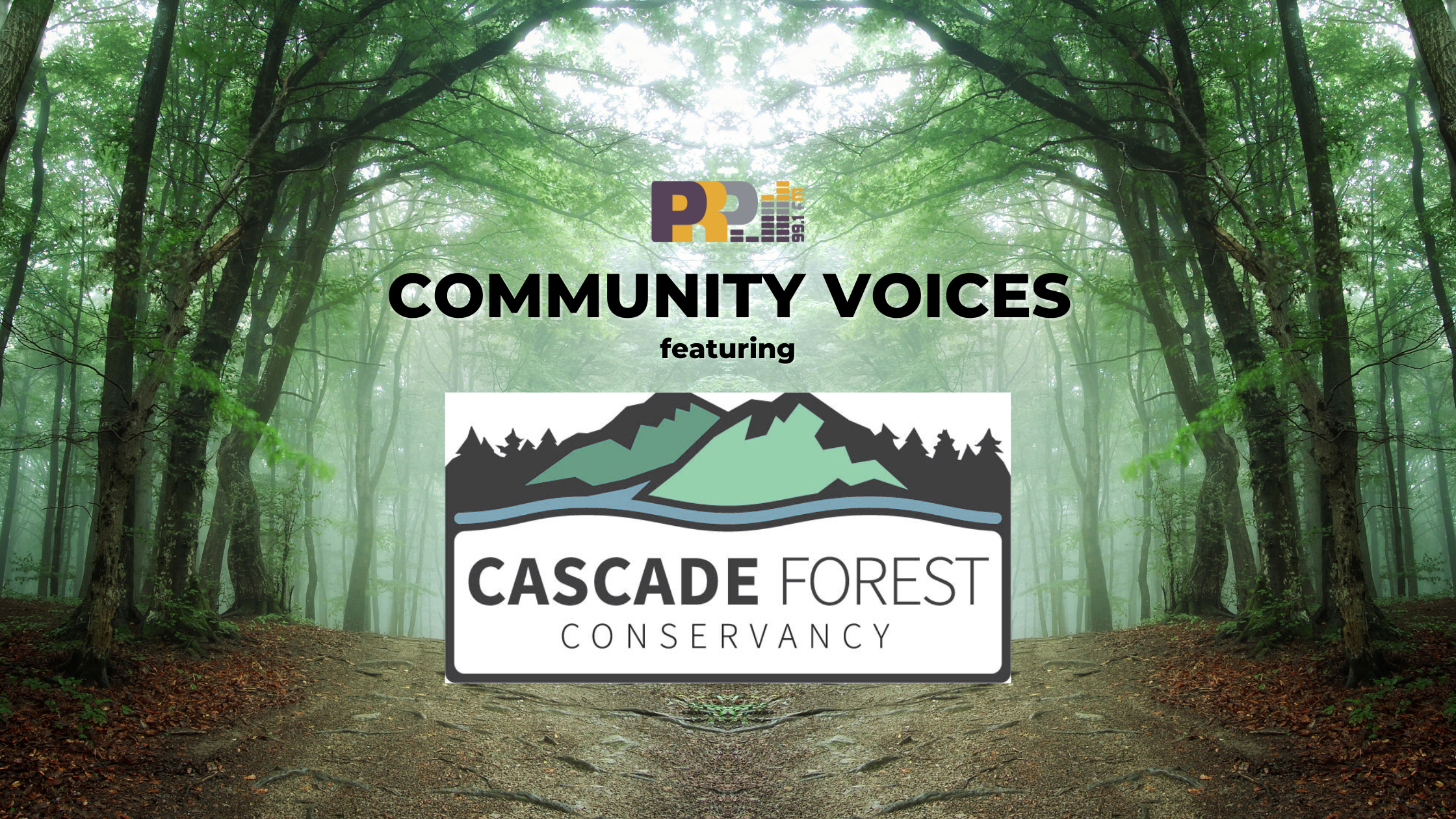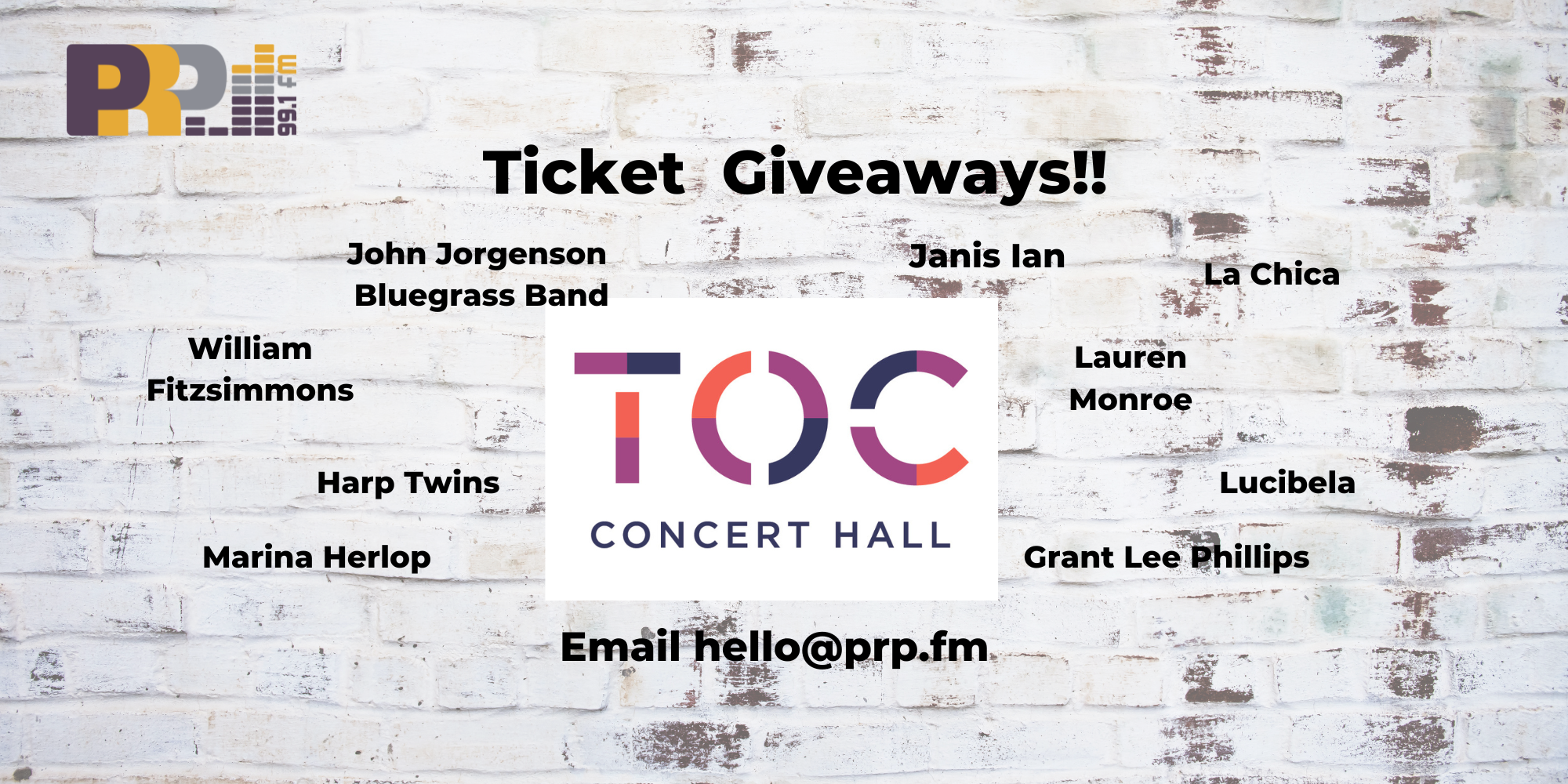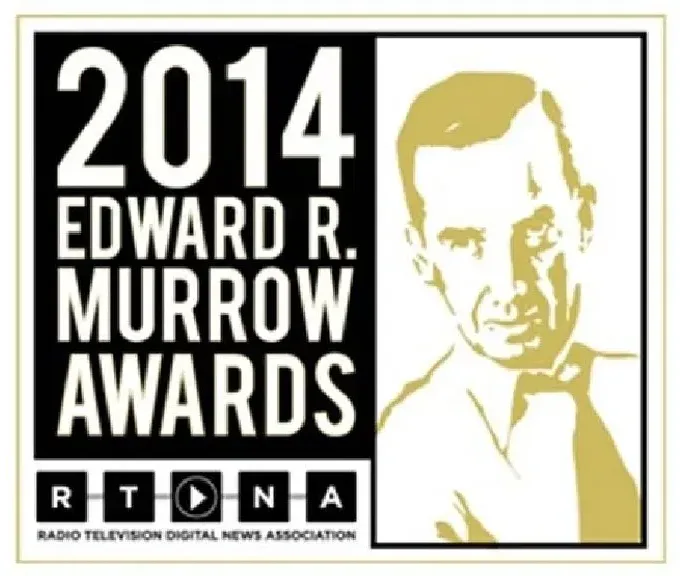Let’s face it: Our smartphones and tablets have become physical extensions of ourselves. Walk into any room and everyone will be on a device of some kind. Our screens and their content rule our worlds. Media outlets have changed and adapted to the popularity and pervasiveness of technology in our everyday lives and are turning to digital storytelling as a means of reporting news to the public. As print media declines, criticism of the ethics and journalism quality continue to rise.
We live in the digital age. What does this mean for the future of journalism?
A 2013 study conducted by the Pew Research Center found that social media have become a major tool for news discovery with roughly 50% of Americans using the Internet as their main source for news. Consuming news on mobile devices through social media is also on the rise.
By way of digital media, journalists may have the opportunity to tell breaking stories to larger audiences (than they might now reach on old school media). Using technology in more diverse ways (info-graphics, videos, and other tools), reporters can tell stories in interactive and innovative ways. The digital age allows media to explore new territory that has entirely changed the way we share and receive stories.
With the pressure to post stories online and across every social media platform with up-to-the second news coverage, content producers are looking to grab reader, viewer, and listener attention in any and every way they can. As media outlets compete for viewership, does the obsession with getting the most hits come at a cost?
Has the age of digital media, with its unrelenting emphasis on gaining audience share, affected journalists’ abilities to perform the same kind of in-depth reporting produced during the age of print media? Despite the popularity of receiving news through social media, the public has expressed concern about objectivity and honesty in media coverage.
Sixty-five percent of those who consider the internet a main news source say “news organizations are politically biased, while 73% say news organizations spend too much time on unimportant stories and 81% say news organizations are often influenced by powerful people,” Pew Research Center reports.
This criticism of ethics and quality can be found here in Portland.
For example, after the restructuring of one of Oregon’s largest media outlets in 2013, Willamette Week wrote, “The Oregonian’s newsroom is already under enormous pressure to write stories that draw hits on the website—often at the expense of in-depth reporting that reveals what’s actually happening in the community.”
The changes to ownership and focus at the Oregonian were also met with a critical view by veterans of the field.
“Ownership has frittered away the extraordinary trust it had earned from staff over the years, simply by treating people fairly and letting them produce good-quality journalism, even if it cost them money to do that. You don’t feel they are doing the right thing now, but rather squeezing the last pennies out of the print papers before they go away forever,” Investigative reporter James Long said in an interview with wweek.com back in 2013 when news of the restructure first hit.
As traditional media outlets decline, nonprofit digital media platforms are emerging across the country to fill the gaps in coverage.
“Nonprofit journalism isn’t a replacement for daily newspapers, but it’s one of many models that may fill gaps in local news coverage as dailies contract. It offers much potential as a watchdog for local government, and efforts around the country… tend to focus on deep dives into issues rather than broad coverage,” Mark Blaine reported in a 2013 column on OregonBusiness.com.
Hyper-local journalism is also increasing in popularity, telling stories focused around the community and emphasizing the input and interaction of its readers and listeners. Portland Radio Project has adopted the nonprofit, hyper-local model with emphasis on reporting local events, playing local music, and highlighting local businesses and organizations.
Is digital storytelling a better approach to journalism or do the costs outweigh the benefits? As a college student hoping to find a career in both media and social justice work, the answer to this question remains unsolved. One thing remains clear: digital is defining media and traditional media outlets will never be the same.
- A Very New Pickathon in 2022 - August 13, 2022
- Pickathon returns to Pendarvis Farm! It’s not just the artists that’ll be new. - August 3, 2022
- July is BIPOC Mental Health Awareness Month (Black, Indigenous, Persons of Color) - July 14, 2022








Leave A Comment